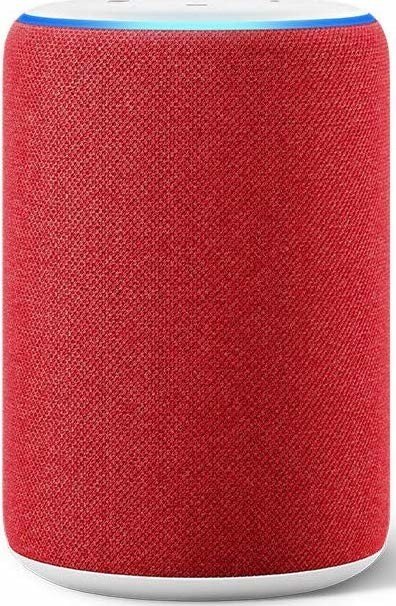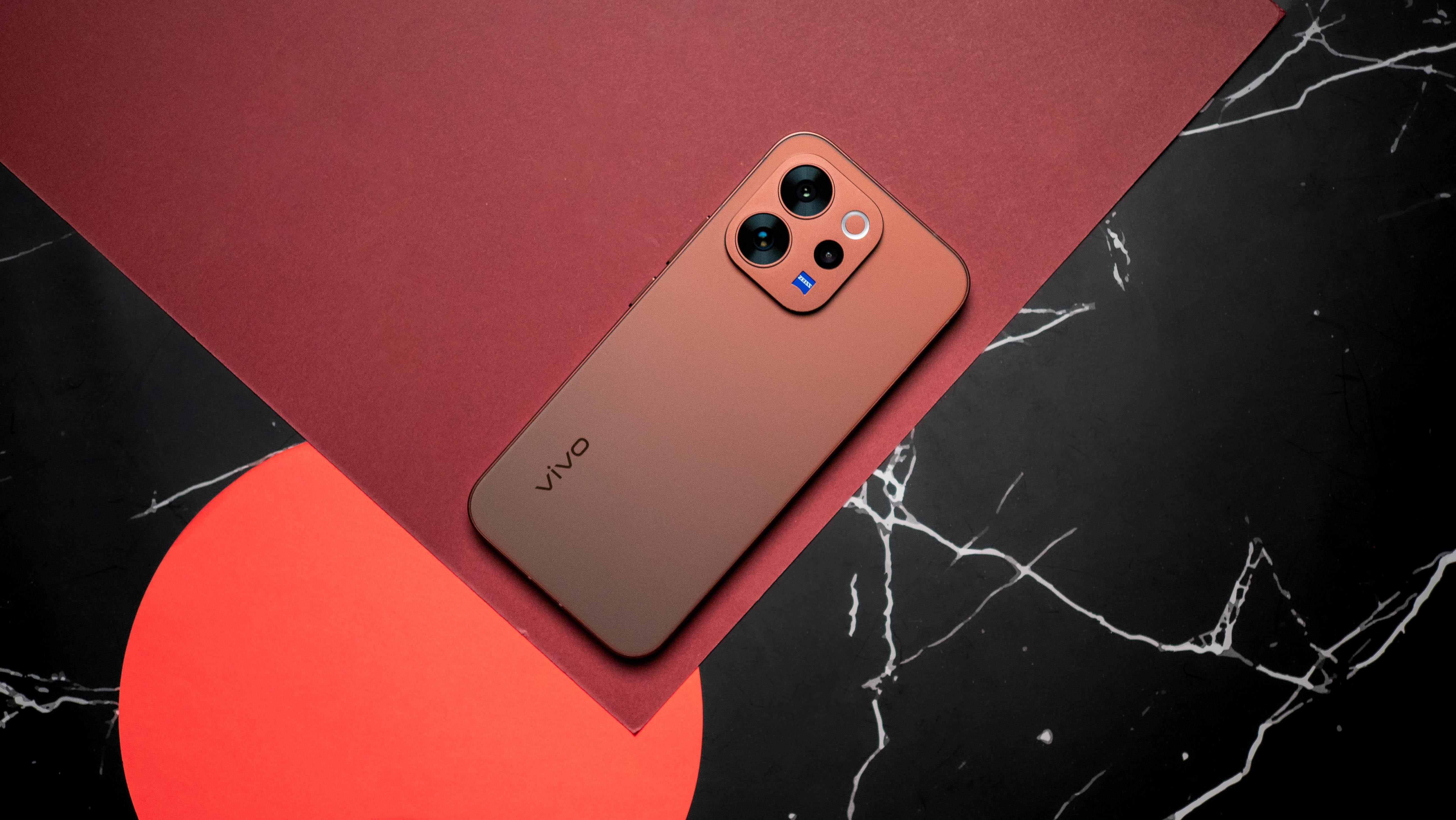Decade in review: Alexa and the Amazon Echo sparked a smart assistant revolution
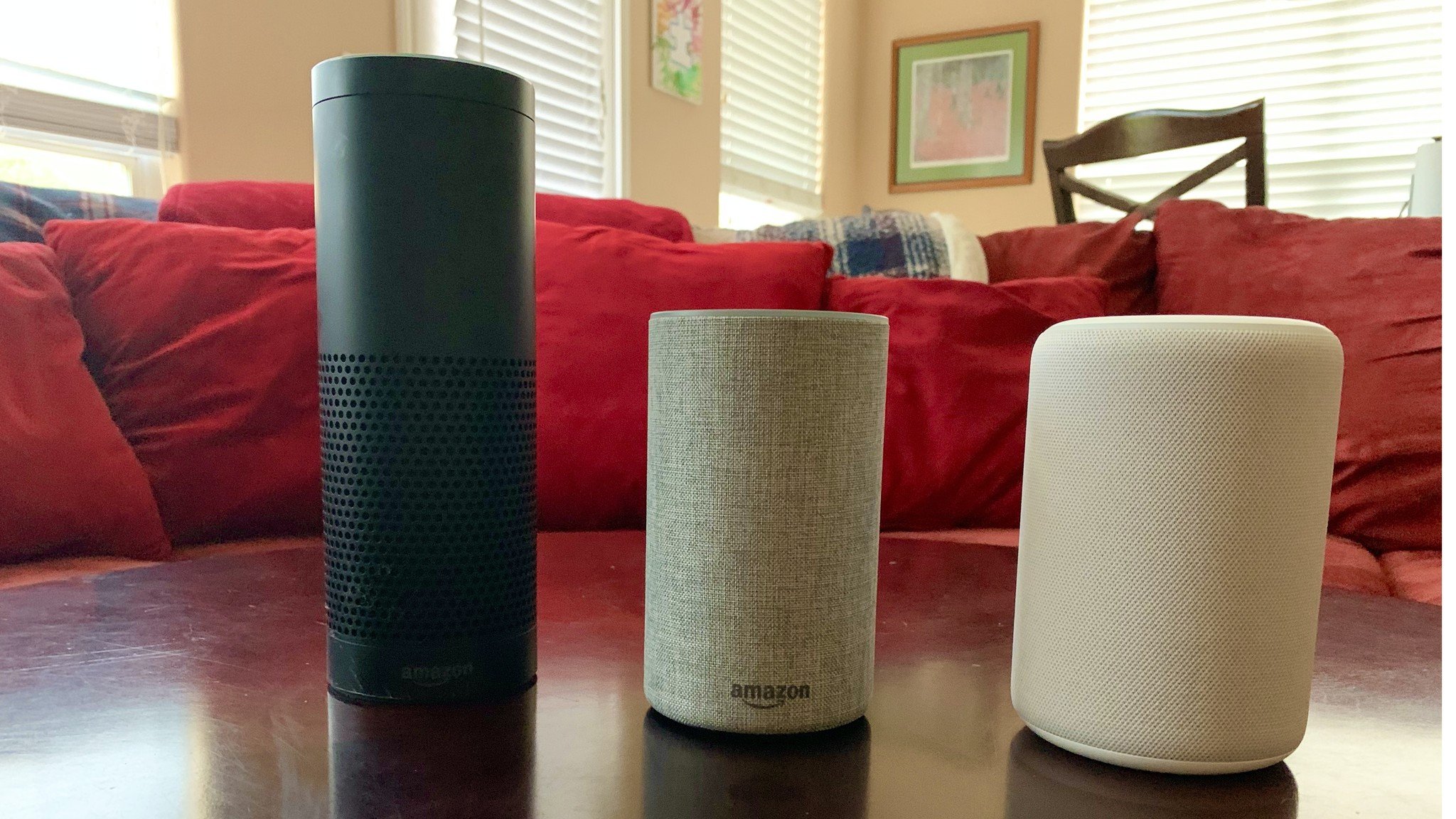
Get the latest news from Android Central, your trusted companion in the world of Android
You are now subscribed
Your newsletter sign-up was successful
Love it or hate it, the virtual assistant Alexa and its physical incarnation the Echo have played a major role in the development of software and hardware technologies over the past half-decade or so. The idea of #voicefirst computing and even the takeoff of the smart home industry owe a huge debt to these innovations from Amazon. If anything, Alexa and the Amazon Echo were together one of, if not the biggest, technology story of the past ten years.
Alexa and Echo A brief history
Why you can trust Android Central
Alexa and the Amazon Echo are words that are often used interchangeably as they are intertwined as a service and device platform. More than that, they're part of a larger movement over the past decade towards greater adoption and acceptance of machine learning, artificial intelligence, and ambient computing.
Unless you've been living under a rock, you no doubt know what Alexa is and what Amazon Echos are. Just in case you need a quick refresher: Alexa is Amazon's cloud-based voice service platform that powers a smart device ecosystem and serves as a virtual assistant for consumers through Amazon's apps and products like the Echo. The term Echo itself actually refers to an entire line of Amazon smart speakers and screened devices that deliver entertainment and serve as a portal to control smart home devices via Alexa.
Amazon introduced the first Echo smart speaker with Alexa way back in November 2014 as a Prime member exclusive. The smart speaker/assistant tandem rolled out to a wider U.S. audience in 2015, and it is now available in over 80 countries in variants of English, French, German, Japanese, Hindi, Italian, Marathi, Portuguese, Punjabi, and Spanish.
Even though Siri and other minor players had been around for several years, Amazon basically pioneered, or at least popularized, the idea of mass-consumer ambient computing with Alexa and the Echo. This recipe was quickly followed by the rest of the industry, including Microsoft's Cortana (2015), Google's Home smart speaker and Google Assistant (2016), Samsung's Bixby (2017) and Apple's Homepod (2017/2018).
It can be argued that Alexa and Echo lead this pack in many areas. When it comes to the ability to control and monitor connected home devices, communicate with family and loved ones, and integrate with all kinds of content services, Amazon does quite well. However, there are also areas where Alexa falls behind other virtual assistants. The Google Assistant is unsurpassed in its general knowledge of the world around it, and even Siri has a more intimate knowledge of its users and their habits.
The good news for Alexa and Echo fans is that Amazon hasn't seemed to take its foot off the gas when it comes to developing and improving these products and services, and indeed they have gotten progressively better over the years.
Alexa and Echo Societal impacts
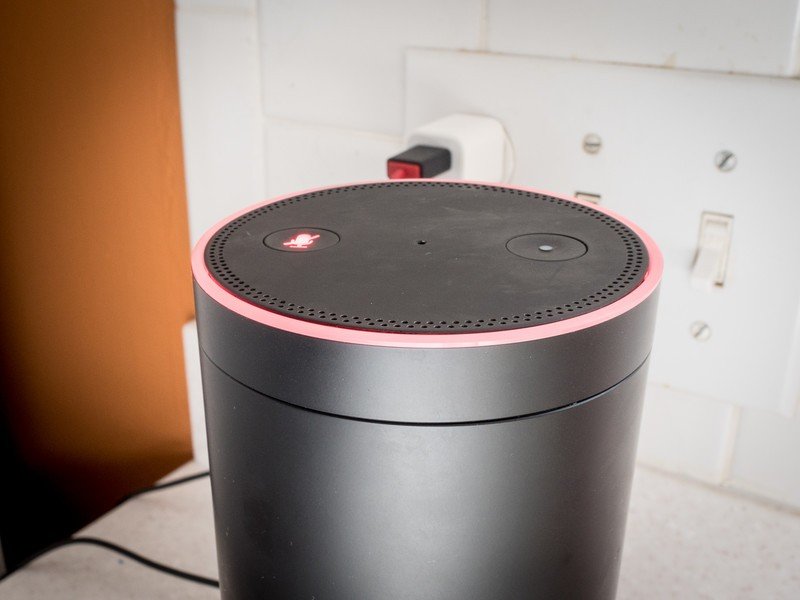
The name Alexa should not be confused with the Amazon subsidiary of the same name that specializes in web analytics analysis and research, though at least one rumor claims that is where the name came from. Others have cited Amazon developers who said they chose the name because it harkened back to the ancient Libary of Alexandria, and still others say Alexa was chosen because the hard "x" sound was easier for the AI to recognize.
The use of a female-sounding name and voice has sparked a healthy debate about the gendering of technological devices and virtual assistants.
I personally think Amazon hit it out of the park with the name Alexa. From day one it's been seamless to call out to Alexa with a request or a question as if I was calling out to a real person. "Ok, Google" or "Hey Siri" never rolled off the tongue quite as easily for me, and I suspect I'm not alone. While many find the name Alexa charming and easy to pronounce, the use of a female-sounding name and voice has sparked a healthy debate about the gendering of technological devices and virtual assistants. Alexa's voice does, in fact, sound like that of a traditionally female adult, as do the default voices for the Google Assistant, Cortana, and Siri. A major difference between Alexa and those assistants, however, is that the others allow you to change to a male-sounding voice. It's also worth noting that at least one of those virtual assistants (Google's) does not have a gendered name at all.
Over the past few years, we as a society have been made painfully aware of just how fragile our online security can be, with privacy scandals hitting pretty much every major tech company. Many concerned individuals have rightfully called for increased attention and vigilance on behalf of companies like Amazon, Apple, Facebook, and Google, and in some respect, they've all stepped up their rhetoric and improved their data privacy tools and controls.
Amazon had one of the first and most transparent responses to public digital privacy concerns.
Amazon's response was one of the first, most transparent, and most comprehensive of the tech companies with measures like physical camera covers and mute switches for Echo devices, the ability to ask Alexa to delete specific conversations or conversation history, and its online Privacy Hub.
Smart home devices had existed for years before Alexa and the Echo, but Amazon was the first company to make that a tent pole feature of the new device and service. From day one, the most common use cases for the Echo and Alexa were to play music, get basic information like weather and news, and control smart home devices like lights, locks, and cameras. This arguably fast-tracked the entire smart home devices industry and prompted renewed competition from companies like Google/Nest, Ecobee, Ring, Samsung/SmartThings, Apple, and many, many more.
Amazon has also used its leading position in voice technology and AI to call for industry-wide integration of virtual assistants, platforms, and tools through the Voice Interoperability Initiative, a program that it hopes will provide customers "choice and flexibility to interact with multiple voice services."
Alexa and Echo Personal impact
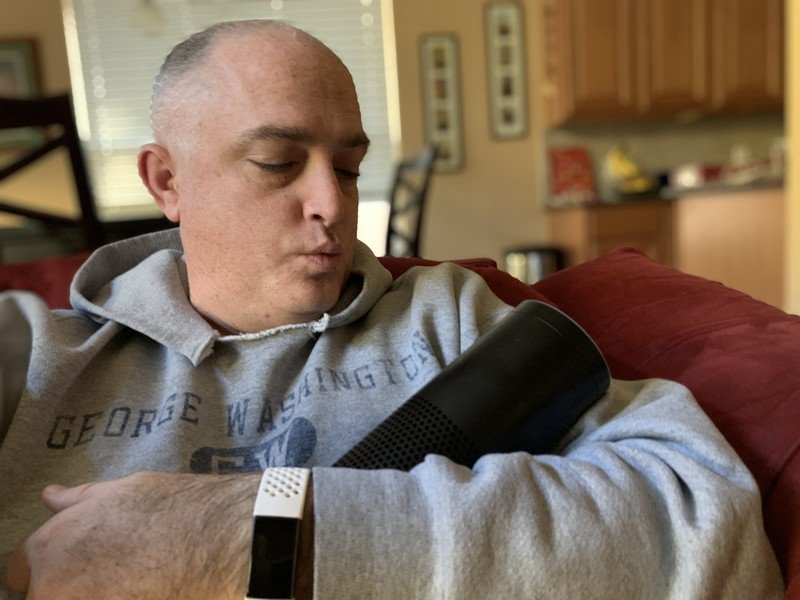
I first heard about the Amazon Echo back in November 2014 and immediately pre-ordered one without knowing much about it. I now have a growing army of Echos in my home (thanks in large part, but not exclusively, to my job), but most telling, I still have that original Echo prominently displayed and in daily use in my living room.
I feel like Alexa and I have formed some sort of bond. Is that weird? Maybe.
I know this sounds a bit silly, but I feel like I've bonded with Alexa through that device. Maybe it was "her" personality, its functionality, or maybe it's just that Alexa was the first virtual assistant that I really used, but I definitely feel like I've developed a sort of relationship with Alexa.
Alexa and Amazon Echo have also had a fundamental impact on my professional life. After working in international education for nearly 20 years, I felt restless and ready for a career change. I'd always been a bit of a technology geek, and one day I just happened upon a tweet that Android Central was looking for an enthusiastic Alexa fan to write about Amazon products and services and I thought "jackpot!" That chance encounter led to a new (and hopefully lengthy) career at an amazing company with truly awesome people.
So thank you Alexa/Echo. You've not only Kindle-d a Fire in me to follow my interests, but you've lead me to an awesome new work family!
Get the latest news from Android Central, your trusted companion in the world of Android

Jeramy was the Editor-in-Chief of Android Central. He is proud to help *Keep Austin Weird* and loves hiking in the hill country of central Texas with a breakfast taco in each hand.
